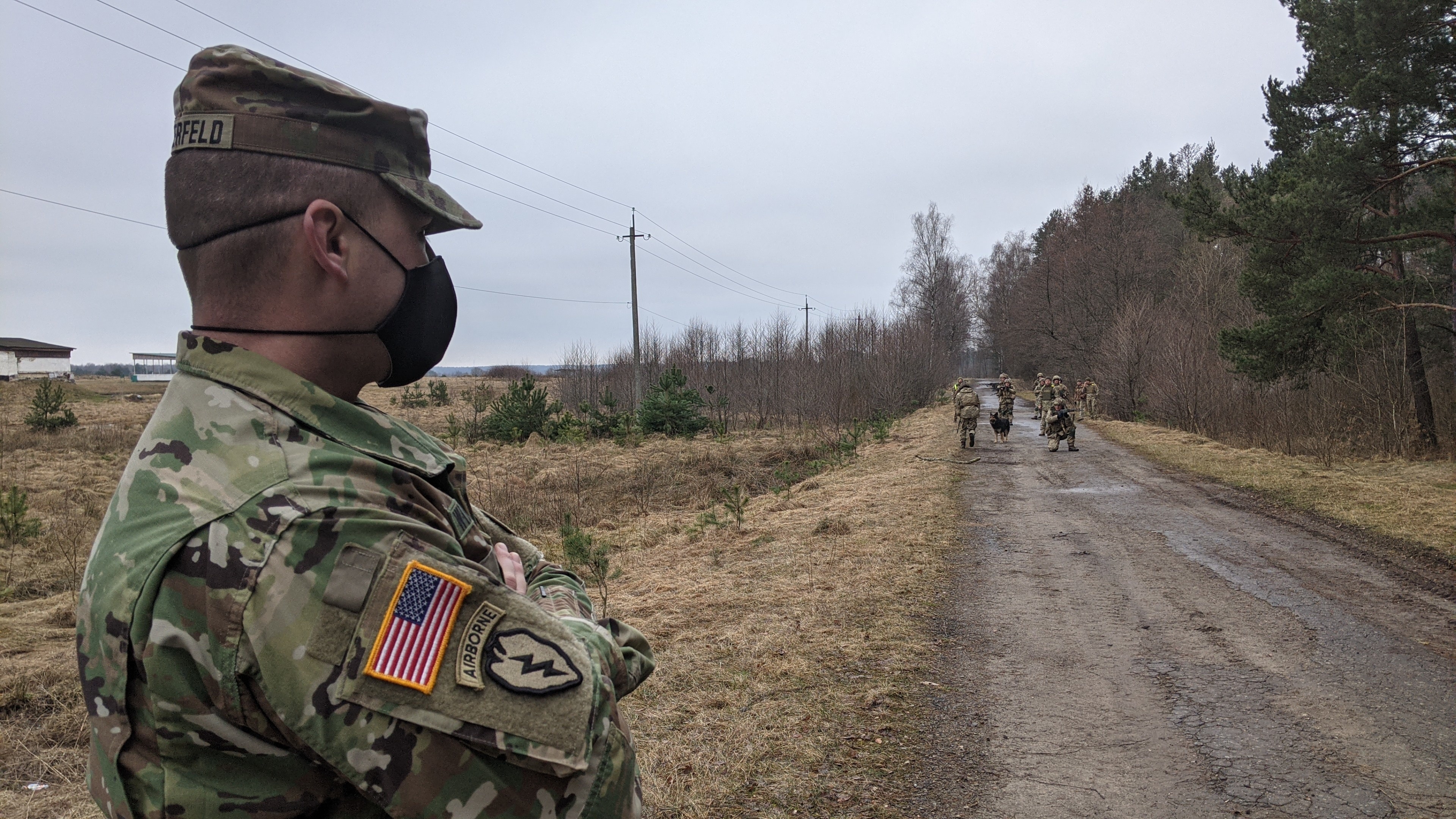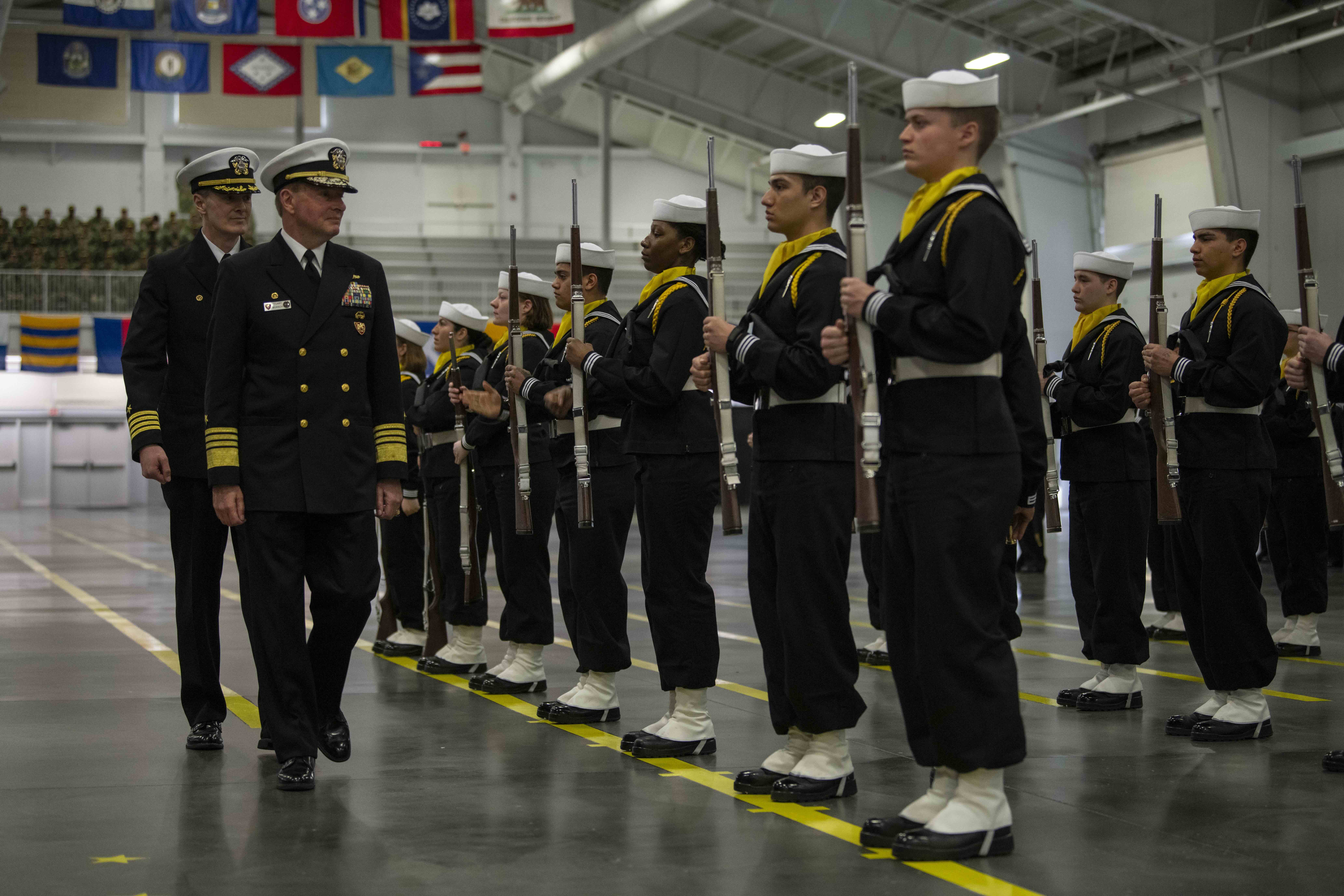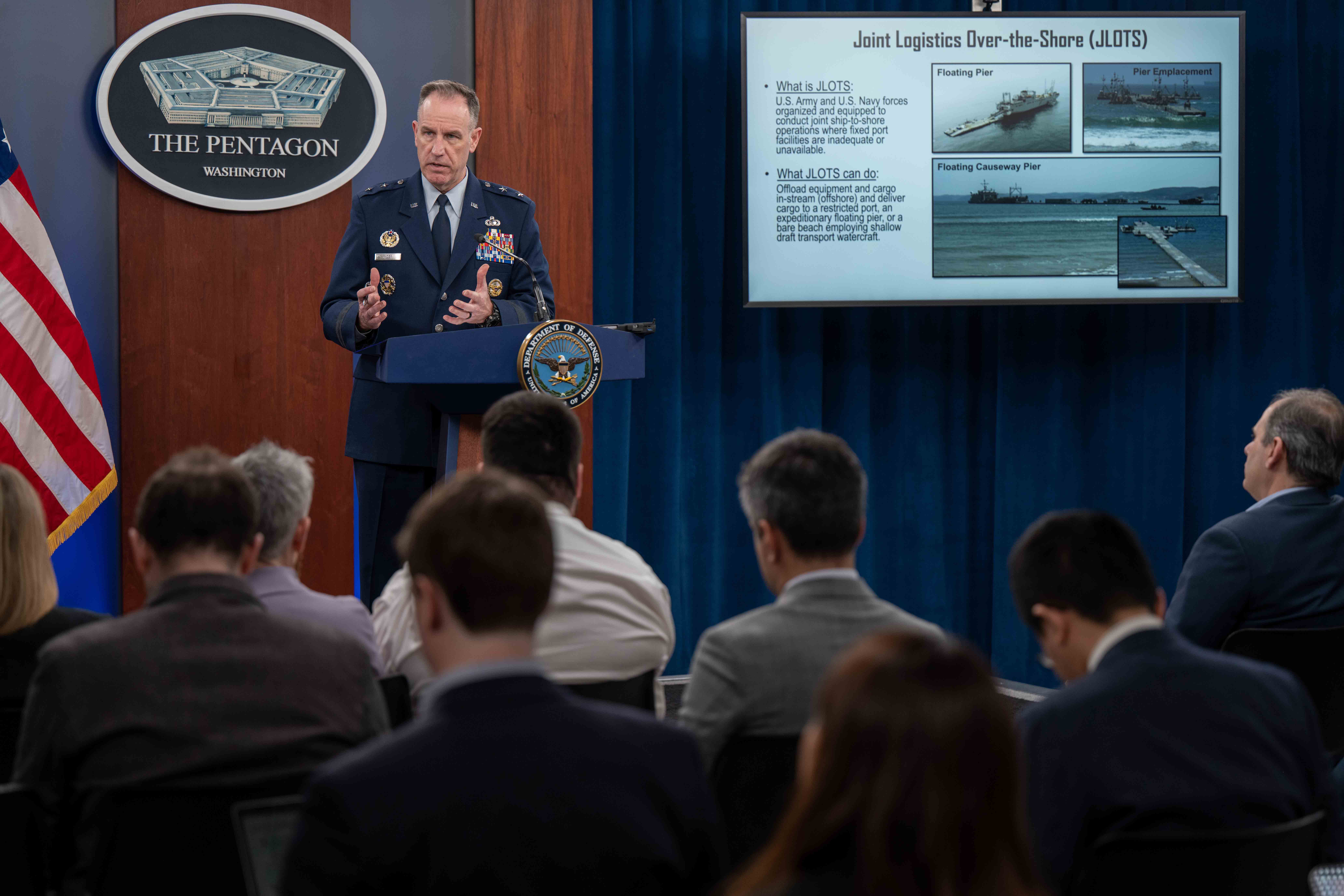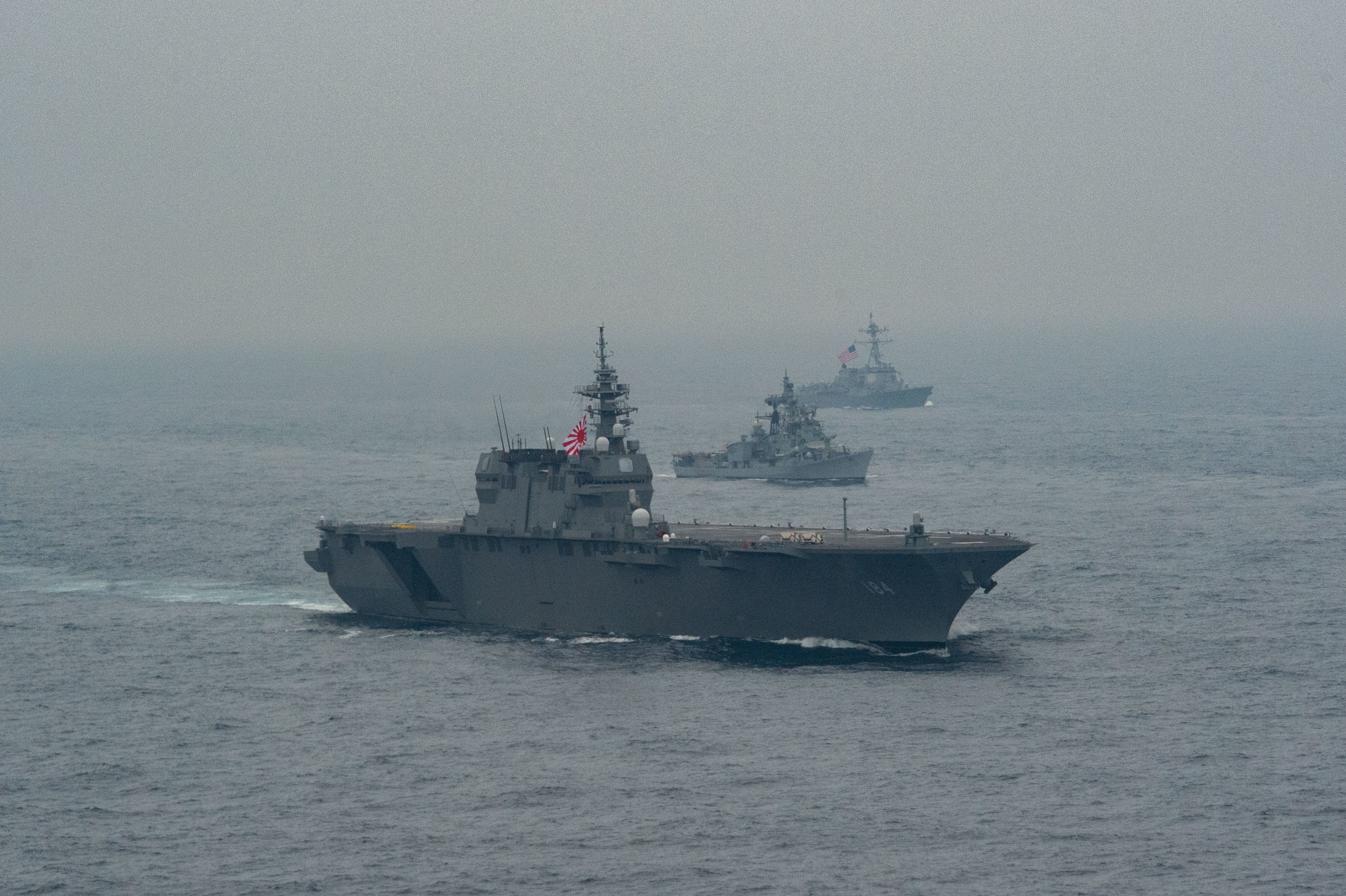
Russia’s demand that Ukraine never joins NATO has drawn the alliance more closely together, the co-chairs of the bipartisan Senate NATO Observer group said Wednesday.
Having recently returned from Ukraine, Sen. Jeanne Shaheen, (D-N.H.), said Russian President Vladimir Putin has “manufactured this crisis” by massing troops, armor and artillery, aircraft and support units, including medical groups, on its border with Ukraine.
The massive build-up, coupled with military exercises in Belarus, did not intimidate NATO but has had “exactly the opposite effect,” Shaheen said. Eastern European allies “were grateful to see NATO act so unified” in sending aircraft and forces forward and the United States putting a carrier strike group under alliance command to deter any Russian moves against them.
Citing Russia’s earlier invasions of Georgia, Moldova and Ukraine, as well as attempting a coup in alliance member Montenegro, those countries had reason to worry. She said “it’s not clear what country would be next” in the Kremlin’s attempts to spread its sphere of influence.
Noting Russia is the aggressor in this crisis, Sen. Rob Portman, (R-Ohio), said what is happening along the border with Ukraine “is very different than what’s happened in the past,” especially this spring, and raises the threat level of invasion higher.
But he added, unlike 2014 when Putin seized Crimea and backed separatists in eastern Ukraine, Ukrainians now “are ready to fight.” They are looking for more anti-tank, anti-air and anti-ship weapons to defend their nation.
Since 2014, he said 14,000 Ukrainians have died in fighting in the east.
“Consequences will be substantial” if there is an invasion in economic terms and combat losses to Russia, Portman said.
The crisis has “the potential for the biggest conflict since World War II,” Shaheen said.
“Ukraine should have the capacity to determine its own future,” she said.
Several times during the forum, Shaheen said she was not optimistic that Russia the crisis would be resolved peacefully. Putin “seems hellbent on invading Ukraine,” she said, later adding, Putin “really is not listening to anyone he doesn’t want to hear from.”
Portman said the point of NATO and European unity now “is to keep Russia from making this terrible mistake” in setting off a war in Europe. He said authoritarian regimes like China with its threats to take over Taiwan and Iran with its meddling in the Middle East are watching to see if the democracies stand firm against Russia.
“So far, so good,” he added.
Even if Putin backs away from a military invasion, Portman and Shaheen expect Russia to keep pressuring Ukraine from moving closer to western Europe for economic development and in its political leanings. Portman suggested Washington and NATO share with Kyiv best practices on defending networks against cyber-attacks through public-private partnerships.
Ukraine’s government was rocked by recent massive Russian hackers’ attacks on its websites, causing the foreign ministry’s site and other to go offline. There has been no direct attribution of the attack coming from the Russian government.
Portman wanted Washington and NATO to work with non-governmental organizations and European governments “to push back against the lies” in the Kremlin’s continuing disinformation campaign to destabilize Ukraine.





